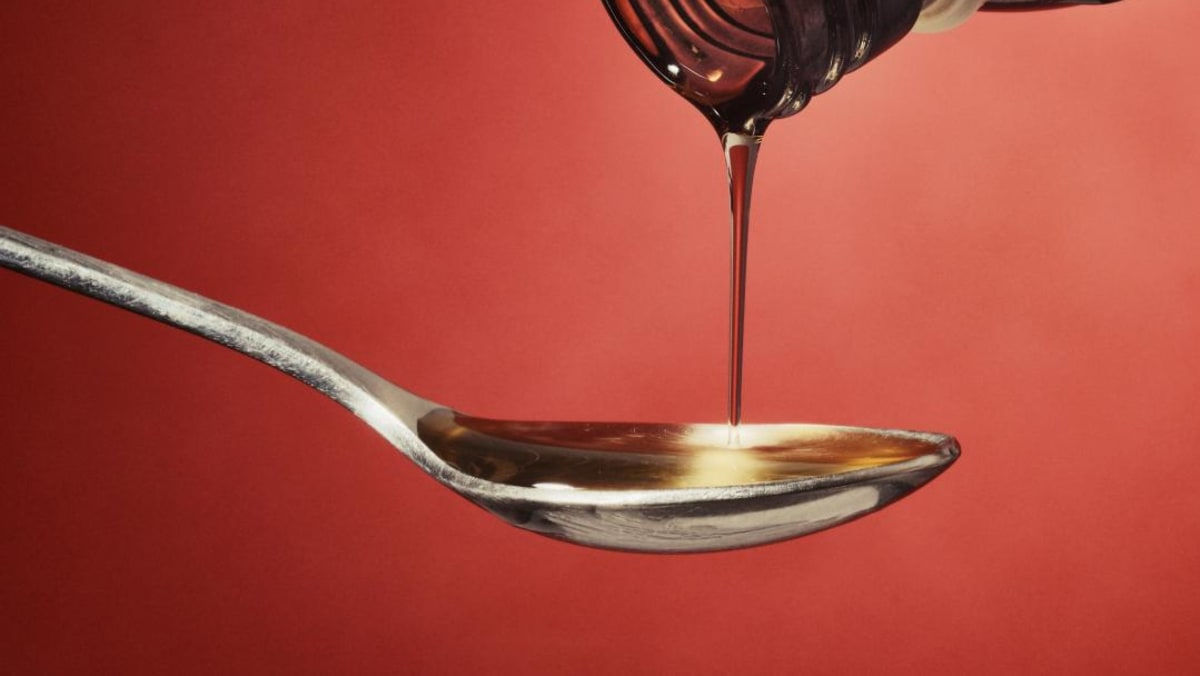Cough syrup combination banned for children under four years by Drugs Controller
 |
| Image: IANS |
According to a public notice issued on Dec 18, the drugs controller general of India recommended that an anti-cold drug made with a certain combination should not be used for children under the age of four.
The notice, issued by the central drugs standard control organisations FDC (fixed-dose combination) division, talked about the FDC of Chlorpheniramine Maleate IP 2mg + Phenylephrine HCL IP 5mg.
Though the said FDC combination was issued an NOC for continued manufacturing and marketing by Prof Kokate committee, the manufacturers will now have to mention the warning on the label of the drug, saying “FDC should not be used in children below 4 years of age”.
Worldwide cough-syrup row
This comes after Indian-manufacturer made cough syrups were linked to reportedly 141 deaths in Gambia, Uzbekistan, and Cameroon.
Apart from that, in August 2023, the World Health Organization (WHO) had raised a red flag on contaminated India-made syrup in Iraq by an Indian pharmaceutical company.
The cold medication made in India named ‘Cold Out’, found on sale in Iraq, contains toxic chemicals, reports had claimed.
The tests showed the cold medication was contaminated with ethylene glycol, a toxic industrial solvent.
The WHO product alert read- “one batch of substandard (contaminated) COLD OUT syrup (Paracetamol and Chlorpheniramine Maleate) identified in the Republic of Iraq and reported to the WHO on July 10, 2023 by a third party.”
Diethylene glycol and ethylene glycol are toxic to humans when consumed and can prove fatal. The compound is lethal to humans in small amounts. Kidney failure is common after consuming this poisonous alcohol.
Before that, in January, WHO warned against the use of two Indian cough syrups for children that have been linked to deaths in Uzbekistan.
The WHO said the products were ‘substandard’ and that the firm had failed to provide guarantees about their safety, reported British media.
Uzbekistan had alleged that 18 children died after consuming a syrup made by the Indian manufacturer.
Following that, India’s health ministry also suspended the production licence of the company.
In October, WHO issued a global alert over four cough syrups that were linked to the deaths of almost 66 children in The Gambia.
The WHO had said the cough and cold syrups ‘potentially linked with acute kidney injuries and 66 deaths among children in Gambia’.
In the same month, deaths of nearly 100 children in Indonesia prompted the country to suspend sales of all syrup and liquid medication.
Indonesia said some syrup medicine was found to contain ingredients linked to acute kidney injuries (AKI), which have killed 99 young children this year.
Indonesian authorities, however, said the cough syrups used in The Gambia were not sold locally.
Deaths in India and ministry’s response
Back home, 11 children died at a Udhampur hospital in Jammu and Kashmir in the winter of 2019, and a case was registered against state-based drug manufacturer Digital Vision.
Tests later found that three samples of the cough syrup contained diethylene glycol or DEG.
In Aug 2023, union minister of state for health and family welfare, Bharati Pravin Pawar declared that the government has prohibited the manufacture for sale, sale or distribution for human use of 14 FDCs including various cough syrup formulations on the recommendation of an expert committee.
“The WHO (World Health Organisation) has issued alerts and asked for information in four cases of syrup products exported from India. Subsequent to the reports central drugs standard control organisation (CDSCO) in coordination with state drug controllers carried out joint investigations,” she said in response to a question whether these cough syrups were of substandard quality as stated by WHO in its investigation.
She said that the directorate general of foreign trade, department of commerce, ministry of commerce and industry had issued a notification dated May 22 (2023) for amendment in export policy of cough syrups, making it compulsory for cough syrup manufacturers to get certificate of analysis from a government-approved laboratory before exporting their products with effect from June 1, 2023.
(with inputs from IANS)

